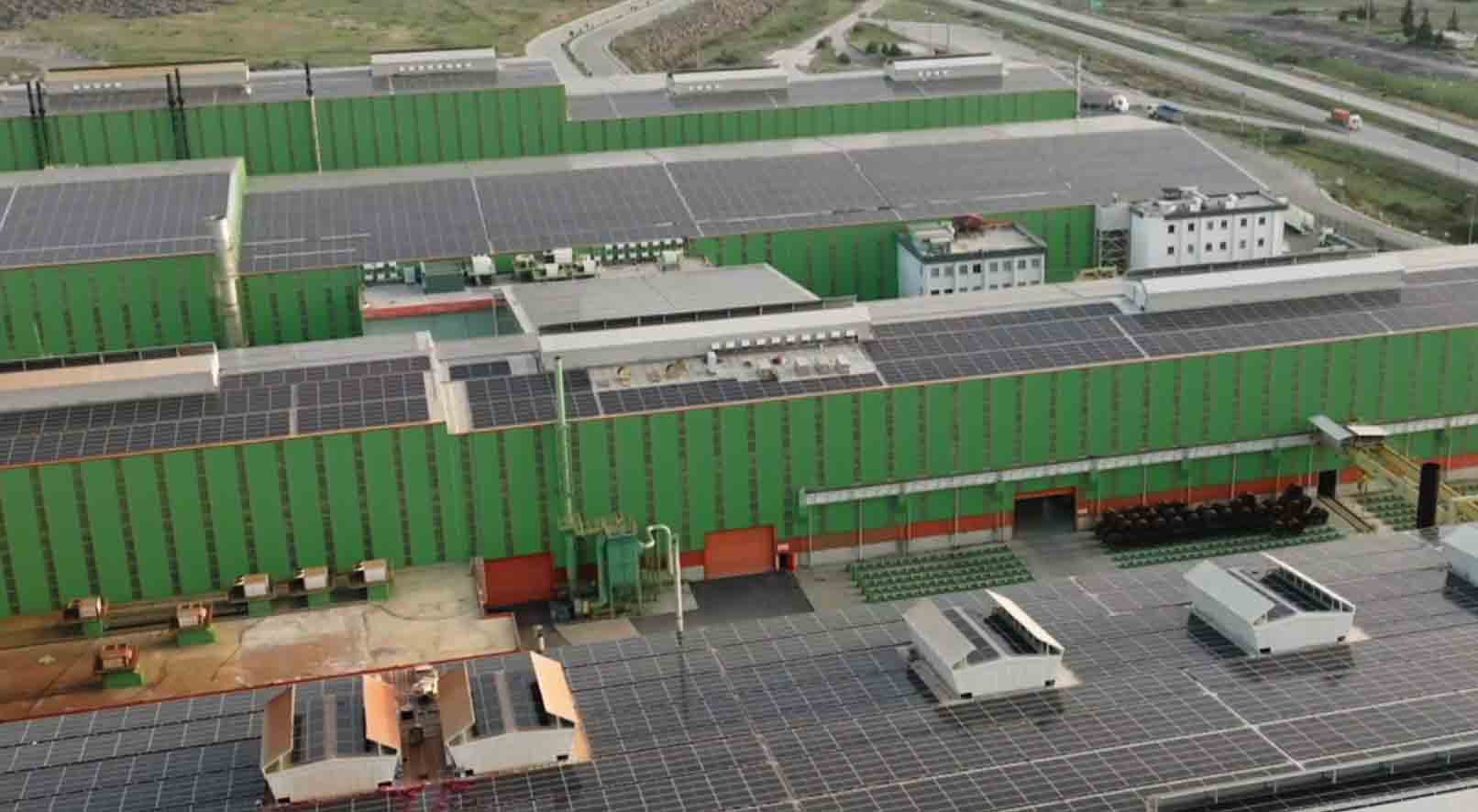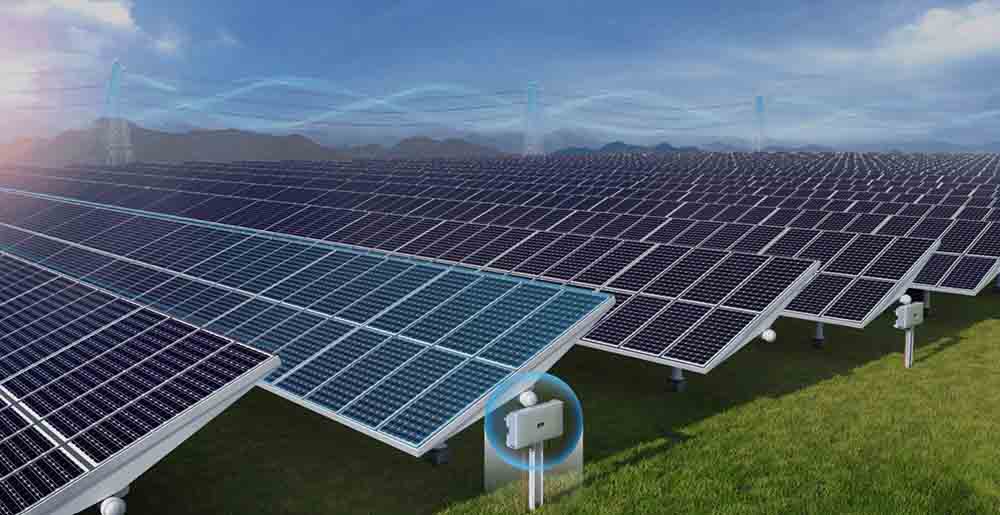The integration of smart photovoltaics in commercial and industrial settings is revolutionizing the way businesses harness energy and manage their power consumption. As the world grapples with the challenges of climate change and a growing demand for sustainable practices, smart photovoltaic systems are emerging as a key player in fostering eco-friendly operations. This article explores the multifaceted impact of smart photovoltaics in commercial and industrial settings, shedding light on their contributions to energy efficiency, cost savings, and overall environmental sustainability.
The Role of Smart Photovoltaics in Revolutionizing Commercial and Industrial Energy Solutions
Energy Efficiency
Smart photovoltaic systems optimize energy efficiency by intelligently capturing and utilizing solar energy. These systems employ advanced technologies such as real-time monitoring, predictive analytics, and machine learning algorithms to maximize energy production and minimize waste. By adapting to weather conditions and adjusting output accordingly, smart photovoltaics ensure a consistent and reliable energy supply. This enhanced efficiency not only reduces dependence on traditional energy sources but also contributes to a significant reduction in greenhouse gas emissions, making these systems a crucial component in the fight against climate change.

Grid Independence
One of the notable impacts of smart photovoltaics is their role in promoting grid independence. By generating and storing their own energy, businesses can reduce their reliance on the central power grid, particularly during times of high demand or in regions with an unstable grid infrastructure. This not only enhances the resilience of businesses to power outages but also contributes to the overall stability of the grid by decreasing the strain on traditional energy sources. The autonomy offered by smart photovoltaic systems empowers businesses to have a more reliable and consistent power supply, ensuring uninterrupted operations and greater control over their energy destiny.
Environmental Sustainability
In the pursuit of sustainability, smart photovoltaics play a pivotal role in minimizing the environmental footprint of commercial and industrial activities. By harnessing clean, renewable solar energy, businesses can significantly reduce their reliance on fossil fuels, thereby lowering their carbon emissions. The adoption of smart technologies ensures that energy production is optimized, reducing waste and environmental impact. Additionally, the use of solar power helps businesses demonstrate their commitment to corporate social responsibility, meeting the expectations of environmentally conscious consumers and investors. As businesses increasingly recognize the importance of sustainable practices, smart photovoltaic systems become a cornerstone of their environmental initiatives.
Cost Savings
The implementation of smart photovoltaics brings about substantial cost savings for businesses operating in commercial and industrial sectors. The initial investment in these systems is often offset by long-term benefits, including reduced electricity bills and government incentives for adopting renewable energy solutions. The ability of smart photovoltaics to generate power during peak demand hours also helps businesses avoid expensive peak-time tariffs. Moreover, the predictive maintenance capabilities of these systems prevent unexpected breakdowns, minimizing downtime and associated repair costs. The advancement of smart PV technology, exemplified by Huawei's pioneering solutions, has positioned it as a leader in the industry. The integration of intelligent operation and maintenance functions not only enhances the overall efficiency of smart photovoltaics but also significantly reduces the associated costs, making them a compelling choice for businesses seeking Smart PV Solution.

Conclusion
The integration of smart photovoltaics in commercial and industrial settings marks a transformative shift towards sustainable and efficient energy practices. These systems not only contribute to energy efficiency and cost savings but also foster grid independence and environmental sustainability. As businesses navigate the challenges of a rapidly changing world, smart photovoltaics emerge as a smart investment, aligning economic interests with environmental responsibility. The adoption of these systems represents a crucial step towards a cleaner, greener future for the commercial and industrial sectors, where smart technology meets the growing demand for sustainable energy solutions.